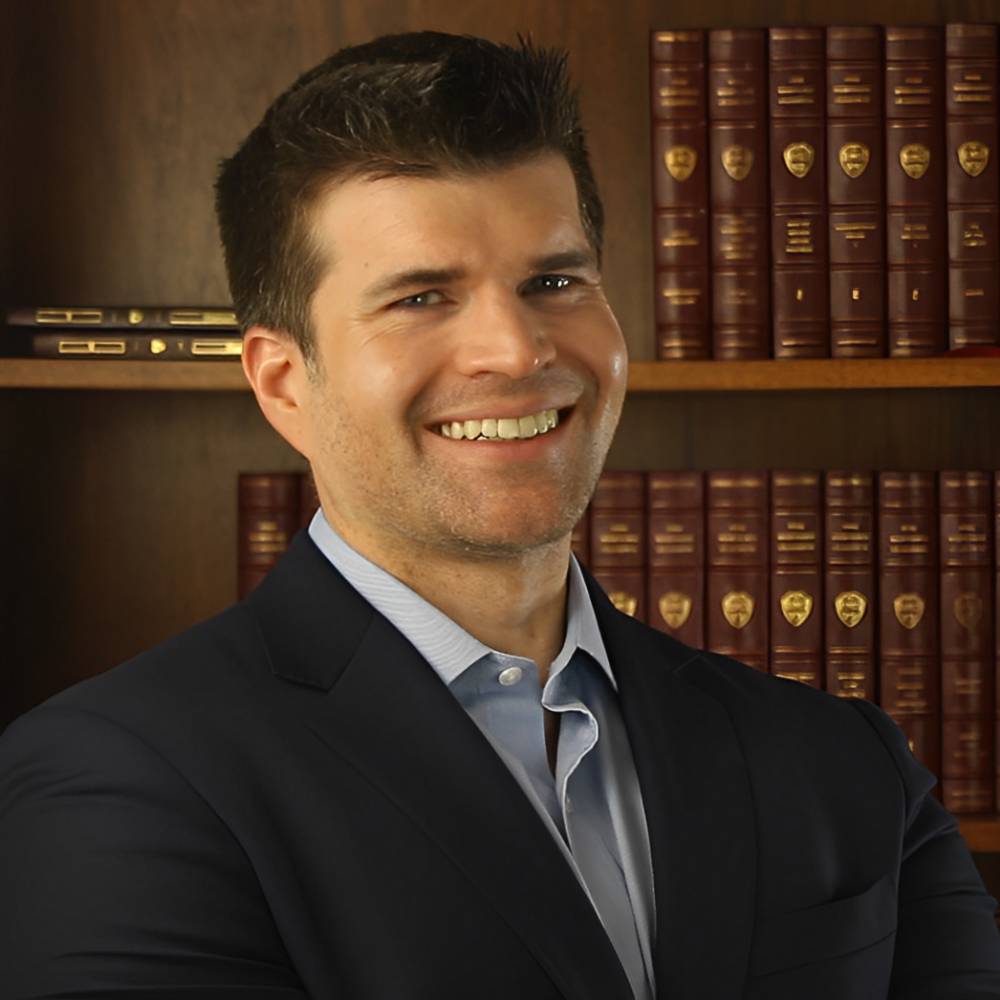New Supreme Court Order Extends Limitation on Court Proceedings Amid COVID-19
Last Friday, the Arizona Supreme Court issued a new administrative order limiting in-person court proceedings in Arizona’s courthouses until June 1, 2020. The Supreme Court has ordered all lower Arizona courts to limit in-person proceedings to “the greatest extent possible,” suspend the empaneling of new juries and adopt other social distancing measures in response to the coronavirus outbreak.
This new order extends the timeframe set by previously issued orders by the state’s highest court, which originally imposed these limitations. The vast majority of the order is, therefore, a continuation of prior restrictions that have been in place for over a month but were set to expire at the end of April.
If you have more questions regarding the state of the legal system during this difficult time please do not hesitate to contact our criminal defense attorney at the Salwin Law Group PLLC.
In-Court Proceedings May Resume in Late Spring, Early Summer
Although much of the latest administrative order extends prior directives from the Supreme Court, last week’s order does for the first time suggest a path to re-opening court proceedings. The new order states;
” It is anticipated that Arizona courts will be able to begin a phased-in approach to conducting in-person hearings and jury trials in late Spring or early Summer. An order providing for that transition will be issued soon. “
We are already in late Spring, and the end of May would seem to fit into the definition of “early Summer.” So, this order would seem to anticipate a gradual re-opening of the court system in Arizona for in-person hearings sometime in the next month.
We will be closely awaiting the Supreme Court’s order discussing the transition in more detail, and we suspect it may be issued as soon as this week or next.
What Will Easing of Social Distancing Guidelines Look Like?
At this point, it is difficult to envision exactly courts will proceed as the social distancing restrictions are loosened. For the past month and a half, most courts have limited in-person hearings, allowing attorneys and defendants to make telephonic appearances for most court proceedings. The Maricopa County Superior Court has gone so far as to allow for motions to be filed instead of requiring either in-person or telephonic hearings for most criminal status conferences.
If a gradual re-opening of the courts takes place in the coming weeks, it is an open question at this point how quickly the Supreme Court’s order will trickle down into the daily operations of the lower courts. How quickly this happens will likely depend on the scope of the Supreme Court’s anticipated order easing social distancing restrictions.
Currently, the Supreme Court’s standing order suspends any local rule that “impedes a judge’s or court clerk’s ability to use available technologies to eliminate or limit in-person contact in the conduct of court business.” Once this order is lifted, local rules that place restrictions on the use of telecommunication technology for court appearances will presumably go back into place.
Friday’s order suggests that the anticipated order for resuming in-person court proceedings will be gradual by describing it as “phased-in” approach. Time will soon tell what this approach looks like and how it plays out in the criminal justice system.
What Will Be the Consequences of the Months’ Long Suspension of Jury Trials?
Regardless of when it occurs, jury trials will eventually need to resume. For the past month and a half, the empaneling of new juries has been on hold, as the COVID-19 pandemic spread throughout the United States. Arizona’s usual timeframes for a speedy trial in criminal cases have been suspended during this time due to the public health emergency. Once social distancing measures begin to ease in the court system and jury trial resumes, this will have major consequences for the processing of criminal cases.
Court Backlog: Potential Solutions?
One thing seems certain once the justice system fully resumes: the backlog of criminal cases will be enormous. Even if the court system goes back into full swing by June 1 (and it is anybody’s guess at this point whether this will happen), Arizona’s courts will be faced with an unprecedented amount of uncharged criminal cases and criminal cases awaiting jury trial. This will likely impact how criminal cases are processed.
The number of people arrested, crimes charged, and jury trials conducted is fairly consistent over time, and you rarely see large fluctuations in the numbers of cases that go through the system month-by-month. With two months’ worth of cases being put on hold, this will likely create a strain in the justice system as it attempts to process a much higher volume of cases than it usually handles.
There are a number of ways the courts and prosecutors might tackle this issue.
The Do-Nothing Approach
One option is to simply not deal with it. Under this scenario, plea policies and charging policies would be kept in place in the hope that the backlog will work itself out. The problem with this approach is that criminal defendants have speedy trial rights, and if those are no longer suspended by Supreme Court order, this will put pressure on the justice system to resolve pending cases. It also seems unrealistic given the level of cases that is to be expected clogging the calendars of Arizona courts.
The Increased Capacity Approach
Another way to handle the backlog would theoretically be to increase the capacity of the justice system to process cases. Get more judges, get more prosecutors.
But this is not likely to be a practical option solution because 1) the hiring process would take too long and 2) the state would then have an excess amount of prosecutors and judges once the backlog is resolved.
The Decrease Caseload Approach
The most likely solution would be to resolve cases more quickly to reduce the backlog. This is mostly in hands of the prosecuting agencies, who have the largest amount of control over the number of cases that go through the criminal justice system. There are two mains ways that prosecutors could reduce caseloads.
The first is to be more lenient in their charging decisions. The Maricopa County Attorney’s Office already announced in March that it would be charging less criminal cases in response to COVID-19. There will likely be pressure to continue with some level of leniency for minor, victimless offenses to keep pressure off the justice system in the short-term. Whether this translates into longer-term changes to charging decisions is an open question.
The other option would be for prosecutors to offer more favorable plea deals for criminal defendants. Prosecuting agencies usually have certain policies that they stick to when offering plea agreements, although deviations from those policies is possible. By offering more lenient plea deals than they normally would, prosecutors would encourage defendants to take favorable plea agreements in order to remove those cases from the court system.
I witnessed this approach personally several years back when I was a prosecutor at the Maricopa County Attorney’s Office. At one point, due to staffing shortages, each prosecutor had a much higher volume of cases than usual. It was common to see prosecutors carrying caseloads of over 100 cases at a time, which is an enormous amount. While there was not a systematic policy to give more lenient plea deals during that time, it often became necessary, especially on weaker cases, to keep the prosecutors from drowning in their excessive caseloads.
Of all the options, this would seem to be the most likely approach to deal with the backlog. It would be the easiest to implement, and it could be stopped, and plea policies could return to normal once the backlog cleared.


